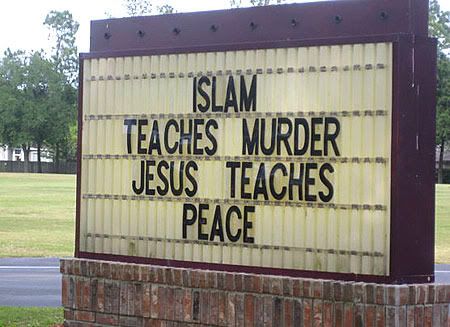I'm not the only one amongst the people I know to have opined that Singaporeans are easily offended. I'm also not the only one to have been on the receiving end of their knife-in-the-dark kind of wrath. Nor am I the only person to have been frustrated trying to work something out with them, whether it's a project or just a get-together, and failing due to their lack of commitment, only to have them play victim in the aftermath. At the same time, we quite frequently observe farcical outbursts and quarrels amongst strangers in the street.
All this seems to be a curious mixture. Actually, this bubbling cauldron may be a regular feature amongst urban populations living in high-stress environments. But I think there's a special dimension to this amongst Singaporeans, so let me offer a uniquely Singaporean analysis of how I think this condition comes to be.
I think by now you're not a stranger to the fact that Singapore is an authoritarian society. Dissent faces disapproval at best and sometimes even open persecution. Certainly, it's not very difficult to be obfuscatory about this in legal language. But, when it comes down to it, Singaporeans who care to defend the system would defend it on the basis that that's how things are done over there and that it works.
But we're not exactly interested in the politics of the country now. I'm going to talk about how that translates into the people's behaviour.
And not only is dissent not politically tolerated, there is a consciousness that, as a multicultural society, speech needs to be regulated. Besides the prevalence of censorship backed by the legal stick (as three guys found out recently), I think the indoctrination is so successful that people actively censor themselves from openly saying things that might provoke conflict.
Added to the mixture is a twist of Asian reserve, engendering a dislike for confrontation. The result is a people who tend to be 'quietly' unhappy. Resolving problems with open, honest communication is frequently eschewed for fear of unpleasant emotional encounters. After all, the latter are not the kind of stuff responsible members of the community should engage in.
Hence, we tend to bottle our feelings up, letting them out only behind the backs of the people with whom we are unhappy. But that's not enough sometimes. With all the pressure we are under, we might really need to let off steam. So we take it out on strangers, people that we don't have to see every day and don't have a personal relationship with—bus drivers, public servants, salespeople and etcetera. Hence the quarrels in the street.
Moreover, in such a competitive and authoritarian environment, where the stick is ready to hit and people are ever ready to take your place should you slip, we hate to be wrong. Out of concern for our own good, we will try to push the blame or at least minimise our culpability. In fact, we often want to seem to be the victims because, otherwise, the responsibility is too heavy to bear. Or we might be confronted by angry people.
And when people dare suggest that we are wrong, we bring our personal indignation to bear—we quickly feel offended.
All these symptoms seem to be the hallmarks of passive-aggressive behaviour. And I think that's what we are, a bunch of passive-aggressives. We are also irresponsible since we loathe the full implications of responsibility.
I firmly believe that politics shape the way we live. So I do wonder if the latter is surprising in light of the fact that we're not given the responsibility of political choice.
Simply put, the government thinks we are children and we let that pass. And so we are.


